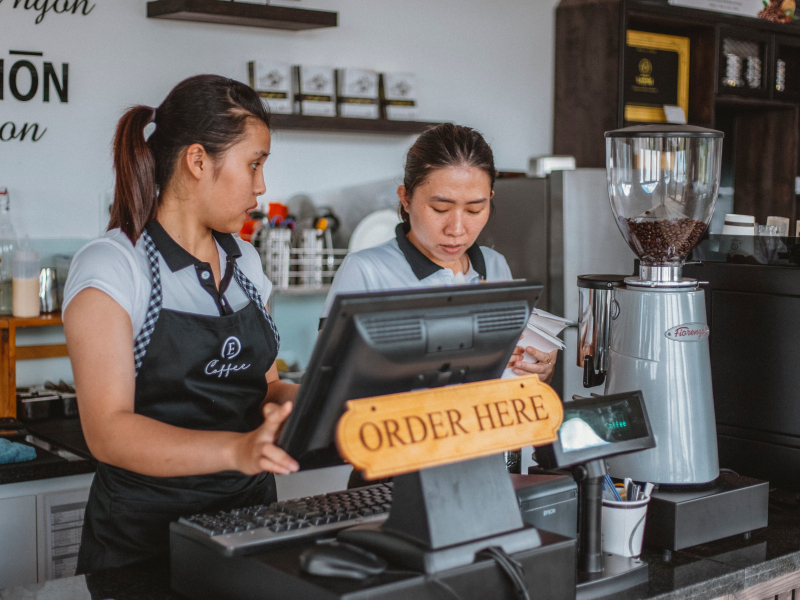Brazil's economy, known for its vast natural resources and burgeoning sectors, presents unique opportunities for traders around the globe. For those looking to engage with this vibrant market, Contract for Difference (CFD) trading offers a flexible path to capitalize on the country's economic movements. In this blog, we delve into the practicalities and strategies of how to trade share CFDs effectively in Brazil's dynamic markets, highlighting both the promising potential and the pitfalls to avoid.
CFD trading in Brazil allows traders to speculate on the price movements of Brazilian assets without actually owning them. This form of trading is particularly attractive due to its ability to leverage small amounts of capital to gain exposure to larger market positions. With CFDs, investors can trade on margin, meaning they can borrow to increase their exposure with a relatively small initial investment. This can significantly amplify profits from small price movements, but it also increases the potential for higher losses, making risk management a critical component of successful trading.
Brazil's market is influenced by both domestic and international factors that can affect the performance of share CFDs. On the domestic front, Brazil’s economic indicators such as GDP growth, inflation rates, and unemployment data are essential for traders to monitor. These indicators can provide insights into the overall health of the economy and potential market directions. Additionally, Brazil's political landscape can greatly influence market sentiment, with national elections and policy changes often leading to increased market volatility.
Internationally, Brazil's status as a major commodity exporter means that global commodity prices significantly impact its market. Traders looking to trade share CFDs must keep a close eye on international market trends, especially in commodities like soybeans, iron ore, and crude oil, which are critical to Brazil's export economy. Fluctuations in these markets can lead to rapid changes in CFD prices, providing both opportunities and risks for traders.
Effective risk management is essential when engaging in CFD trading in Brazil. Utilizing stop-loss orders can help protect investments from sudden downward market movements. These tools allow traders to set a specific price at which their position will automatically close, thus capping potential losses. Similarly, taking advantage of risk management software and platforms that offer real-time market analysis and alerts can provide traders with the information needed to make informed decisions quickly.
Diversification is another crucial strategy for CFD traders in Brazil. By diversifying their investment across various sectors and assets, traders can reduce the risk of significant losses from any single investment. Brazil offers a range of sectors for this purpose, from agriculture and mining to finance and technology. Diversifying not only across sectors but also geographically and across asset classes can help stabilize returns and reduce potential volatility.
Moreover, staying informed is key to navigating Brazil's CFD market effectively. Continuous education on market conditions, regulatory changes, and economic developments within Brazil and globally can empower traders to make better trading decisions. Engaging with trading forums, attending webinars, and subscribing to financial news services can provide ongoing insights and updates that are crucial for timely and effective trading.
In conclusion, CFD trading in Brazil offers substantial opportunities to tap into one of the most exciting emerging markets in the world. By understanding how to trade share CFDs effectively—through careful monitoring of economic indicators, employing strict risk management strategies, and ensuring a diversified portfolio—traders can maximize their chances of success. While the potential for significant returns is compelling, the importance of preparedness and informed decision-making cannot be overstated. For those ready to dive into Brazil's dynamic markets, the world of CFD trading offers a promising gateway.




